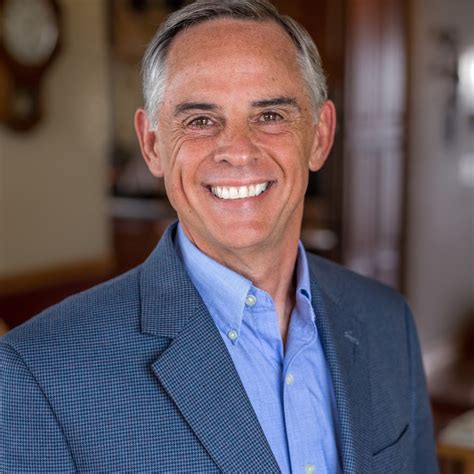A Quote by Jo Grimond
The state owned monopolies are among the greatest millstones round the neck of the economy. Liberals must stress at all times the virtues of the market, not only for efficiency but to enable the widest possible choice. Much of what Mrs Thatcher and Sir Keith Joseph say and do is in the mainstream of liberal philosophy.
Related Quotes
We have a number of very powerful women in the world now - Mrs. [Angela] Merkel, who the Germans call Mutti. What did we call Mrs. [Margaret] Thatcher? When she was minister of education, she stopped the children's free school milk. This may sound quaint, but after the war we were such a malnourished nation that part of the founding of the welfare state were public health initiatives. Every little schoolchild got milk. Mrs. Thatcher stopped it. They called her "Maggie Thatcher, milk snatcher."
They'll [China] probably be a fully developed nation. The road there just is not going to be that easy. You're going from a macromanaged, top-down economy to a market-managed, micromanaged type of economy, with all the potential corruption issues, SOE [state-owned enterprise] reform, and market reform that come with it.
Stress is a choice. Do you buy that? Some people have a hard time with the idea. Yes, bad things happen: The economy sours, our business struggles, the stock market tumbles, jobs are lost, people around us don't follow through, deadlines are missed, projects fail, good people leave. Life is full of these. But still, stress is a choice because whatever the 'trigger event,' we always choose our own response. We choose to react angrily. We choose to stuff our emotions and keep quiet. We choose to worry. Stress is a choice.
One of the market's virtues, and the reason it enables so much peaceful interaction and cooperation among such a great variety of peoples, is that it demands of its participants only that they observe a relatively few basic principles, among them honesty, the sanctity of contracts, and respect for private property.
It is eminently possible to have a market-based economy that requires no such brutality and demands no such ideological purity. A free market in consumer products can coexist with free public health care, with public schools, with a large segment of the economy -- like a national oil company -- held in state hands. It's equally possible to require corporations to pay decent wages, to respect the right of workers to form unions, and for governments to tax and redistribute wealth so that the sharp inequalities that mark the corporatist state are reduced. Markets need not be fundamentalist.
Liberals in the US don't have great passions about Margaret Thatcher. Conservatives do. For all the worship that Ronald Reagan elicits in conservative circles in the US, I would venture that Thatcher did far more to reshape British society than Reagan did here. When I moved to Britain, the utilities were state-run. By the time I left, most of that was privatized. Thatcher had broken the miners' union, all but crushed the Labour Party, cut back the welfare state, even flirted with a poll tax. In the circles I ran in, Reagan was mocked as a childish dolt. Thatcher was despised.
A dining club which I was involved in at Oxford University invited Sir Isaiah Berlin to dinner, who I believe was probably the greatest liberal philosopher in the 20th century. I sat beside him and we spoke about liberal philosophy and the events of the 20th century all night over dinner - it was unforgettable!
I would say that, unfortunately, the word liberal has been redefined over the last 30 years as if it is a bad thing. But liberalism is a great American philosophy. Being a liberal is one of the best things you can be. I don't think they get a fair shake at all in the conservative mainstream media. So maybe there's some intimidation there.
Being a liberal is the best thing on earth you can be. You are welcoming to everyone when you're a liberal. You do not have a small mind... I'm total, total, total liberal and proud of it. And I think it's outrageous to say "The L word". I mean, excuse me. They should be damn lucky that they were liberals here. Liberals gave more to the population of the United States than any other group.
Some medical beast had revived tar-water in those days as a fine medicine, and Mrs. Joe always kept a supply of it in the cupboard; having a belief in its virtues correspondent to its nastiness. At the best of times, so much of this elixir was administered to me as a choice restorative, that I was conscious of going about, smelling like a new fence.
What I would like to build is a new centre, a wider, broader centre, which would encompass a lot of different philosophies - you know, the philosophy that I'm putting forward that is a market liberal philosophy and a socially liberal philosophy but would have room in it for a broader church than that.

































